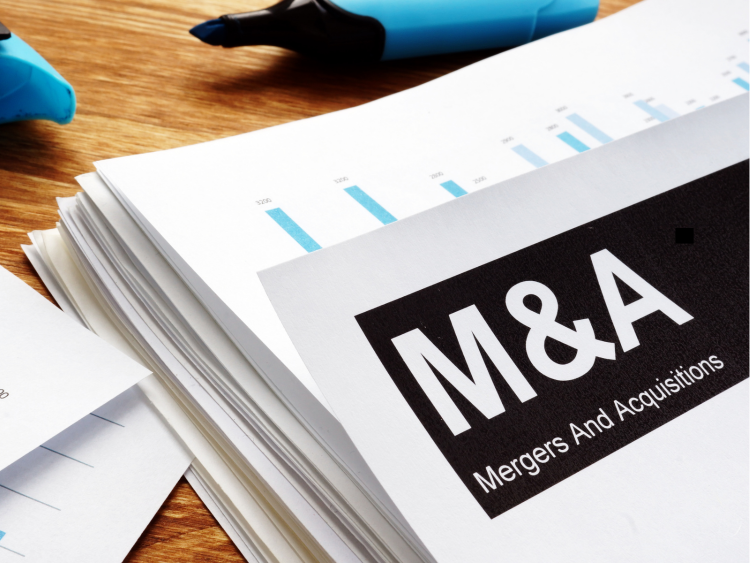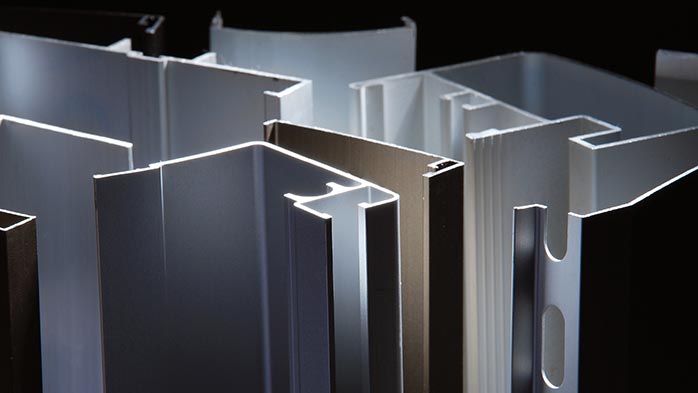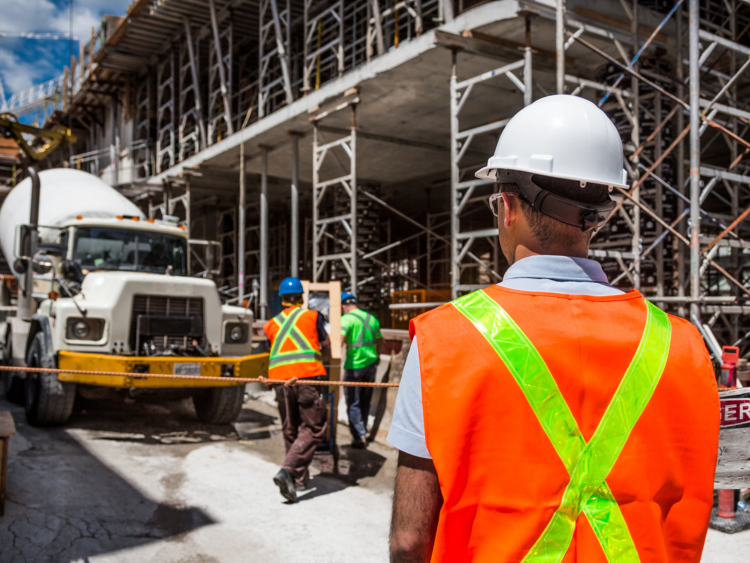Building & Construction

August 28, 2025
Fulton acquires AFCO as Metra builds cross-border extrusion platform
Written by Nicholas Bell
Two separate moves in the North American aluminum extrusion market highlight how consolidation is reshaping the landscape.
Fulton Asset Management has acquired AFCO Industries, while three extrusion companies have combined to launch Metra North America.
Together, the transactions underscore both private-equity interest in U.S. extrusion manufacturing and intensifying cross-border challenges in the North American market.
Fulton acquires AFCO
Chicago-based Fulton Asset Management, an investment group, has acquired AFCO Industries, a vertically integrated producers of aluminum building products headquartered in Alexandria, La., with facilities in Mississippi and Illinois as well.
AFCO is best known as a supplier of “Made in the USA” columns, hand railings, and millwork door components for residential and multi-family real estate markets. The company also operates a CNC metal fabrication division and provides OEM contract manufacturing services nationwide.
Three extrusion companies launch Metra North America
Separately, three aluminum extrusion companies – Extruded Aluminum Company (EAC), Profile Custom Extrusions, and Metra Canada – have merge to form Metra North America, a new brand service building and industrial customers across the U.S. and Canada.
EAC, based in Belding, Mich., was previously acquired in 2023 when Metra purchased its parent, Belding Machinery and Equipment Leasing. The company operates five presses ranging from 1,750 tons to 6,3000 tons, producing solid and hollow profiles as well as tubes. EAC also has downstream machining and fabricating capabilities at its Kentwood, Mich., facility.
Profile Custom Extrusions contributes additional capacity with its Georgia extrusion plant, broadening Metra North America’s geographic reach, while Metra Canada extends the footprint north of the border.
Market context
According to CRU data, North American extrusion demand has been relatively uneven in the last 10 years across five end-use sectors: transportation, construction, electrical, consumer durables, and machinery and equipment.
Extrusion demand has hit peaks and valleys for most end-markets in the past couple of years but is anticipated to broadly expand across all sectors in the next couple of years.
Canada, however, accounts for less than a tenth of regional demand and has remained on a smaller scale for more than a decade, leaving the U.S. as the dominant center of growth, with Mexico in a distant second.
While transportation edges out construction for the top market in terms of extrusion consumption, the construction industry accounts for nearly a third of CRU’s anticipated demand in North America this year.
M&A’s implications
By merging standalone extrusions divisions into Metra North America and anchoring the headquarters in Michigan, Metra and KPS Capital Partners have effectively placed the new entity on U.S. soil at a time when trade protectionism is intensifying.
While Canada has been shifting toward greater use of domestically sourced construction products in publicly-funded projects, the relatively modest scale of its aluminum extrusion consumption helps explain why Metra North America chose to center its headquarters in the U.S.
With Section 232 tariffs recently expanded to include aluminum-intensive derivatives such as HVAC products and consumer durables, a U.S. base strengthens the company’s positioning with domestic buyers.
The operations previously known as Metra Canada operated three extrusion presses across two facilities in the Quebec region. The Alma facility is only a couple of miles away from Rio Tinto’s Alma smelter that is ramping up billet production on-site to serve automotive and construction industries specifically.
Metra’s Laval, Quebec, location is a little more remote relative to Canada’s aluminum smelters but is about two hours away from the Rio Tinto’s Deschambault smelter, the largest billet producer in the country, according to CRU data.
KPS’ broader portfolio includes multinational operators such as Speira, which acquired Real Alloy’s European business, and Oldcastle BuildingEnvelope, a major user of aluminum in the building and construction market. Combined with holdings in consumer-facing brands like Briggs & Stratton, the firm is building a network that links extrusion platforms and casting platforms with both upstream and downstream customers.
Fulton Asset Management is following a parallel playbook, adding AFCO’s building products and CNC capabilities to a portfolio that already spans scrap brokerage through Imperial Group and carbon/stainless steel, aluminum, copper/zinc, and lead across a couple of divisions.
Both investment groups are reinforcing the same two themes: first, that downstream fabrication remains a magnet for financial capital – private equity, more specifically; and second, that extrusion capacity in North America continues to consolidate into larger, vertically integrated platforms.








